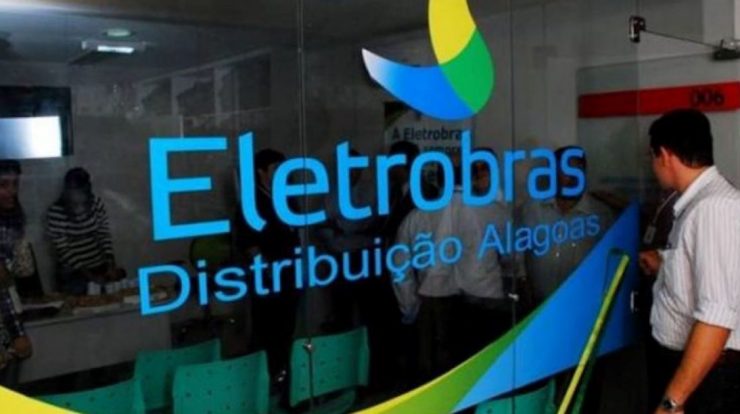
It is not uncommon for the population to realize that the Brazilian state is bloated and inefficient and that state-owned enterprises serve only as a space for takeover by political parties and private interests, without any economic and social significance.
These ideas, built up over decades by defenders of outmoded liberalism, were nurtured in the government of Michel Temer and constitute one of the main ideological trenches of Bolsonaro’s government. The resumption of privatizations of federal state companies depends rhetorically on the urgency of fighting the supposed “trade state” it’s the “a boom caused by state corporations”, among other things.
These processes have many problems, 2 and they are very clear: there is an intentional distortion of reality – and often data – and of the role that SOEs play in the development of countries. It is not carried out through necessary and extensive discussion with the community.
As described in Technical Note 253 (here All – 1 megabyte), “A panoramic view of federal state companies and business possibilities in the post-pandemic stage “Produced by Dieese (Inter-Confederation Department of Statistics and Social and Economic Studies), the consortium directly controls a small group of companies that in turn control other subsidiaries.
The value of these companies’ assets, equity and jobs are concentrated in a few conglomerates operating in the energy and financial sectors, such as Petrobras, Eletrobras, Banco do Brasil, Caixa Econômica Federal and BNDES (National Bank for Economic and Social Development) groups. In terms of functionality, Correios and the Brazilian Hospital Services Company also stand out.
A closer look at the history, competence, areas of activity and role of state-owned enterprises and the programs developed by these enterprises allows us to assess the importance of these enterprises in promoting national economic and social development.
Credit provided by public banks, for example, contributes significantly to reducing regional disparities. In the North, Northeast, and Midwest, the share of this credit is about 90% of the total. Hydroelectric power generated by state-controlled plants is the basis for providing an essential service and for making new investments possible in a coordinated manner. Exploration of the pre-salt layer is fundamental to technological progress, while the use of extraordinary income generated by oil and gas extraction plays an important role in the development of the country.
At this time of acute health, social and economic crisis on a global scale, state-owned enterprises have the potential to support economic, social and environmental recovery and development. That is why several countries have launched billions of public spending packages. National SOEs can – and should – participate in this process as an essential arm in the implementation of Brazilian state policy.
This contribution can be made, among other ways, through the expansion of investments, thus stimulating the use of resources by the private sector. This can happen with direct investment by the state or through credit expansion by public banks, either for working capital for companies in difficulty, or for expansion of installed capacity in specific sectors, and in the case of large companies Petrobras and Eletrobrás, through country leadership of an operation The energy transition, which has already begun in developed countries. There are several possibilities.
The debate about the Brazilian state and public companies is completely out of focus compared to recent events on the international scene. Examples include the recently launched Joe Biden government package aimed at stimulating the US economy and news that the UK is about to open a public bank to fund infrastructure investments.
Meanwhile, here, the government, instead of using the institutions of the Brazilian state in an efficient and targeted manner, and taking advantage of the experience accumulated over decades, is confusing the public administration and disposing of key assets at low prices, under the false promise that capital will lead a new process of investment and technological, economic and social development . This promise has never been fulfilled at any time in the history of Brazil and there is no reason to believe that it will be fulfilled now.
Continue reading

“Friendly zombie guru. Avid pop culture scholar. Freelance travel geek. Wannabe troublemaker. Coffee specialist.”






